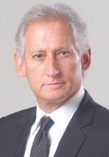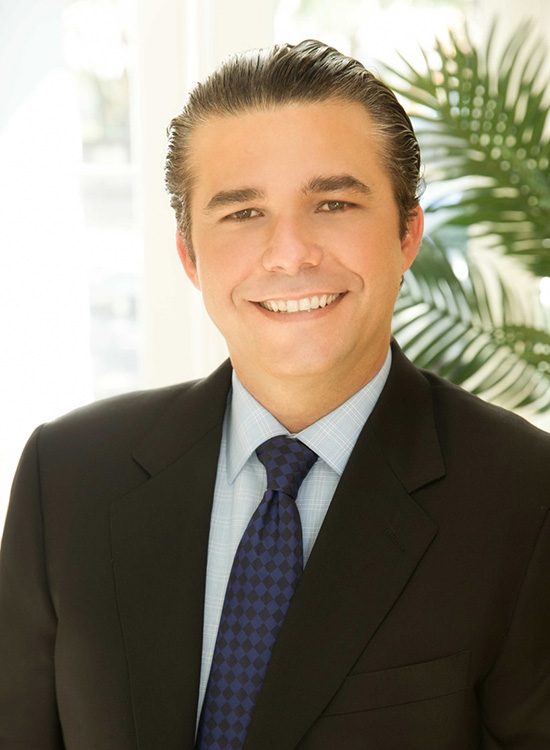A Dallas County jury deliberated until nearly 12:30 a.m. Tuesday morning before returning a stunning $4 billion punitive damage verdict in favor of the wife and heirs of long-time IT expert, Max D. Hopper, against J.P. Morgan Chase.
The jury’s verdict, which includes nearly $5 million in actual damages and $4 billion in punitive damages, is believed to be the largest award ever handed down in a probate case in Texas.
The jury also ordered J.P. Morgan Chase to pay lawyers at the Dallas law firm Loewinsohn Flegle Deary Simon, which represents Hopper’s widow, $5 million in legal fees, which is believed to be the largest such award in Texas history.
Max Hopper’s wife, Jo N. Hopper, sued J.P Morgan Chase, claiming that the bank negligently, fraudulently and maliciously squandered millions of dollars of the $25 million estate since he died in 2010.
Hopper’s children and heirs, Dr. Stephen Hopper and Laura Wassmer, joined the lawsuit against the bank.
Max Hopper was a pioneer and icon in the use of information technology and worked at American Airlines for nearly 24 years.

“Mrs. Hopper asked the jury to send a message loud enough for JP Morgan to hear it all the way to Park Avenue in Manhattan,” said Alan Loewinsohn, lead attorney for Mrs. Hopper. “Hopefully, that message has been received.”
The six-person jury in Probate Judge Brenda Thompson’s courtroom heard four weeks of testimony and arguments and then deliberated for nearly five hours before issuing their verdict shortly after midnight on Tuesday.
The jury awarded $1 million in actual damages and $2 billion in punitive damages to Jo Hopper. The panel awarded each of the children $1.8 million in actual damages and $1 billion in punitive damages for a total $2.0036 billion.
“The nation’s largest bank horribly mistreated me and this verdict provides protection to others from being mistreated by banks that think they’re too powerful to be held accountable,” Mrs. Hopper said in a written statement. “The country’s largest bank, people we are supposed to trust with our livelihood, abused my family and me out of sheer ineptitude and greed.
“Surviving stage 4 lymphoma cancer was easier than dealing with this bank and its estate administration,” Mrs. Hopper added.
J.P. Morgan’s “lack of due diligence” and “continued failures have deprived the heirs of a full and proper distribution of the estate’s assets,” Anthony “Lenny” Vitullo, who represents Dr. Hopper and Wassmer, stated in court documents.

“Throughout the estate administration, the heirs asked the bank about various aspects of the estate administration, and the bank repeatedly informed the heirs that it was properly administering the estate,” said Vitullo, who is a partner at Fee, Smith, Sharp & Vitullo. “It is now clear that this was false.
“The bank continues to deplete the estate assets and the heirs’ inheritance. Wholly disregarding its fiduciary duty to the heirs, the bank has held assets that undeniably belong to the heirs hostage,” he argued.
Vitullo argued that J.P. Morgan spent $3 million of the estate’s funds to pay lawyers to handle services that the bank was contractually obliged to perform.
“The bank’s goal is clear and simple: it seeks to batter the heirs into submission with its billions of dollars in resources,” he argued.
The bank’s incompetence caused more than just unacceptably long timelines, according to Loewinsohn. Bank representatives failed to meet financial deadlines for the assets under their control.
“In at least one instance, stock options were allowed to expire. In others, Mrs. Hopper’s wishes to sell certain stock were ignored,” Loewinsohn stated in a written statement. “The resulting losses, the jury found, resulted in actual damages and mental anguish suffered by Mrs. Hopper.”

Other lawyers representing Dr. Stephen Hopper and Laura Wassmer in the case are Taylor Horton of Fee Smith, Christopher McNeill of Block, Garden & McNeill and James Bell. The lawyers representing Jo N. Hopper are Loewinsohn, Jim L. Flegle and Kerry Schonwald of Loewinsohn Flegle Deary Simon.
“The jury sent a loud, clear message to Wall Street about what is and is not an acceptable business practice,” said Bell. “If you are entrusted to administer an estate, you cannot use the proceeds as your own private wealth fund.”
